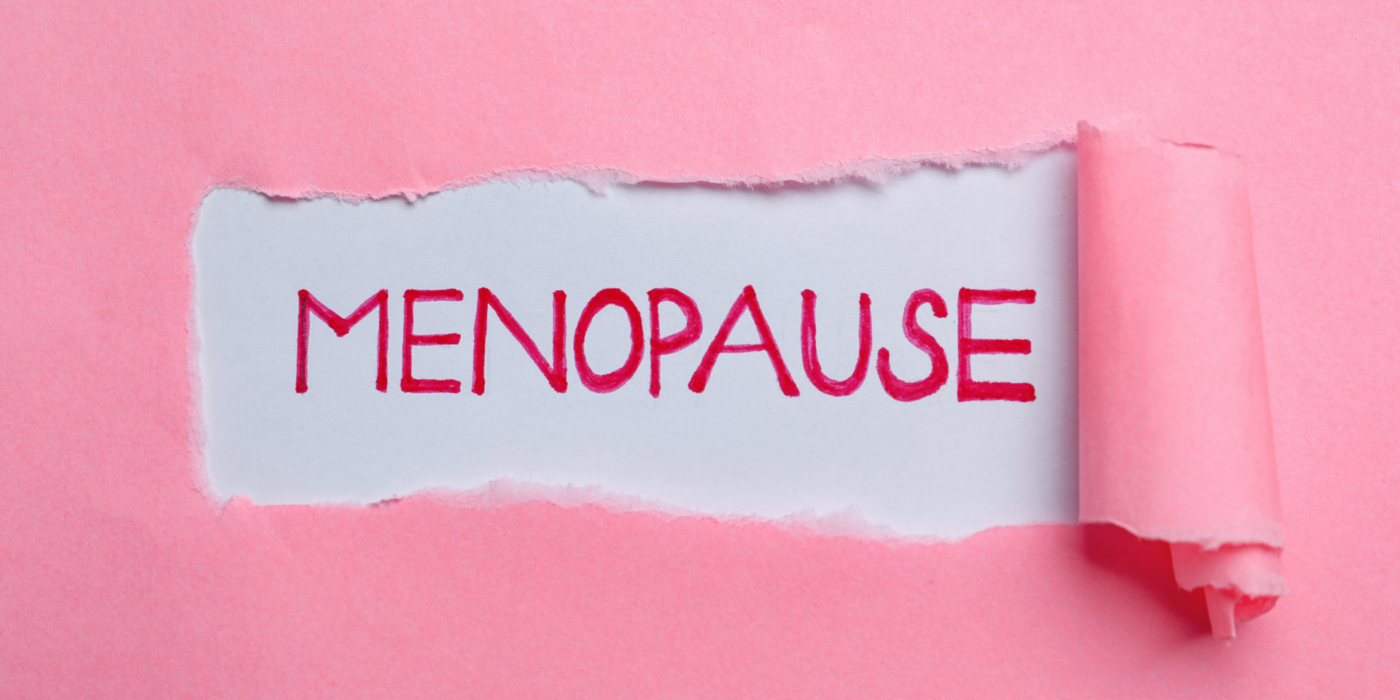Are you experiencing the menopause? As you will probably know by now, it can come with many different menopause symptoms. Outlined here is some useful information to help you understand and cope with the menopause.
What is menopause?
The menopause is when lower hormone levels cause your periods to stop completely which usually occurs between the ages of 45 and 55, although it can happen earlier for some people.
The time before your period permanently stops, when hormones begin to change and you start experiencing menopausal symptoms is called perimenopause.
Symptoms of menopause.
When your ovaries stop producing as many hormones, it can cause a variety of menopausal symptoms. The most common signs of menopause are hot flushes, night sweats, anxiety, mood swings, vaginal dryness, brain fog and headaches. Other symptoms include less energy, decreased sex drive and less muscle strength. You may also experience heart palpitations, weight gain and joint pains.
It is important to know that the change in the level of hormones can affect everyone differently. You may have many menopause symptoms or none at all, and they can change over time.
How to manage the menopause
Although these changes are totally natural it can be a difficult time for some women, however, there are many menopause treatments that can help with symptoms and give you a better quality of life.
Hormone replacement therapy
Hormone replacement therapy (HRT) is an effective way of managing the menopause. By replacing the hormones that are at a lower level, HRT can relieve most menopause symptoms. It is advisable to speak to your GP to discuss the risks and benefits if you are interested in starting HRT.
Lifestyle changes
Changes to your lifestyle can also help you manage menopause symptoms including eating a healthy diet, getting plenty of sleep and exercising regularly.

